AI and marketing automation
AI and Marketing Automation: Transforming the Future of Digital Marketing
Today, no business is left behind in the fast-paced world of digital marketing. The companies strive to engage more and more customers, enhance return on investment, and streamline their processes. The two powerful forces, AI, and marketing automation are changing the modern approach of companies towards marketing together. This enables marketers to unleash campaigns that are highly personalized and driven by data while freeing them from the wearisome tasks so that free time can be used creatively and strategically.
What, you ask, is AI-driven marketing automation, and how might it change your marketing game? Let’s take a closer look at how these technologies are changing the landscape of the future and what that might mean for your business.
What Is AI in Marketing Automation?
First: A word about AI and marketing automation. This will be an important point.
- Marketing automation means using software applications to more automatedly conduct repetitive marketing tasks such as sending email campaigns, posting in social networks, and managing leads. This would lead to better processes, saving time and ensuring consistent communication with the customers.
- Artificial intelligence is the technology that will enable machines to mimic human intelligence in all its forms, from learning from data to taking decisions and forecasting of outcomes. In marketing, it will be able to analyze big volumes of customer data, predict how such customers might behave, and offer completely optimized campaigns in real-time.
AI combined with marketing automation now gives marketers a deeper synergy where they can personalize their approach, drive better results, and automate complex tasks that have otherwise required time-consuming manual effort. The result: more efficient marketing, happier customers, and improved business outcomes.
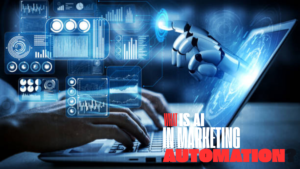
How AI Is Enhancing Marketing Automation
Integration of AI into the process of marketing automation is no longer a fad; it is actually changing the game for the way companies approach their entire marketing strategy. Here are some key ways that AI is making marketing automation smarter and more effective:
1. Personalized customer experiences at scale.
Today’s consumers need the most personal experiences from brands at which they interact. Personalizing marketing messages for thousands, or millions of customers, would be an almost impossible goal. This is where AI truly shines: analyzing consumer data related to browsing, purchase history, and engagement patterns, AI is able to create highly personalized content and recommendations.
- Email personalization: Audience segmentation and personalization can be done through AI in automation wherein the content of the email can be tailored according to individual preferences or behaviors. So if a customer is continuously browsing a specific product category, AI will send some related products or a targeted promotion to him through an email.
- Dynamic content: With AI, marketers will automatically create content that resonates with every one of the clients’ preferences. From personally crafted web experiences to tailor-written ad copy, AI-powered marketing will have every touchpoint feel the personal touch.
The use of AI automates the personalization process and allows businesses to offer relevant, engaging experiences without manual work.

2. Predictive Analytics and Customer Insights
Understanding customer behavior would be the major determinant to achieving better marketing outcomes. AI applies predictive analytics in analyzing historical data to predict future actions. It would enable marketers to predict what the customers will do next; whether it’s either to buy, abandon a cart, or even engage with a new campaign.
- AI-driven predictive analytics can be used to do lead scoring, score the leads according to their chances of converting. With behavioral patterns as its core, AI depicts which leads represent more value and accordingly guides the sales teams to concentrate on the prospects holding high chances of conversion.
- Through customer journey mapping, AI tracks and analyzes each stage of the customer journey in order to show which touchpoints are working more effectively. With this information, marketers can fine-tune campaigns according to current insight.
AI-driven insight into marketing decision-making doesn’t involve guesswork during decision-making, helping businesses optimize resource usage and allocation, improving overall performance.
3. Automated Content Creation and Curation
Content is the king, but refreshing contents every now and then can be very exhaustive. This moved forward to generate new technologies that embrace AI in the automation of content curation towards ensuring that the businesses would update their channels with valuable information at very regular intervals.

- Automated copywriting: AI tools can analyze existing data and generate headlines, social media posts-even blog content-to hone in on what really resonates with your audience. This even includes drafting product descriptions or personalized email subject lines based on the interests of your customers.
- Content curation: This feature allows AI to automatically find the right content for specific topics surfacing on the Web and deliver the same to your audience. Be it industry updates or recommended blogs, AI ensures you are putting relevant and timely value-added content in front of your target audience without the burden of manual curation.
AI will not replace creativity in humans. However, it is assisting in ensuring greater efficiency and predictability in content distribution among marketers.
4. Smart Customer Segmentation
Segment based on demographics, behavior, or preferences to effectively market products. AI takes segmentation to another level and even more precise.
- Behavioral segmentation: AI evaluates the real-time data concerning website interactions, click-through rates, and purchase histories to come up with even more accurate customer segments. This gives you the ability to deliver precisely targeted messages to smaller groups of customers based on exact preferences or stage in the buyer’s journey.
- Real-time changes: AI-driven automation will modify your segments in real time when the behavior of your customers is changing. For example, if you find that your customer has shifted from a casual browser to being a frequent shopper, the AI will detect this and move him into another segment, so he gets the right message at the right time.
Smart segmentation offers more chances for conversion by providing much more relevant offers and content to every single audience.

5. AI-Driven Chatbots for Instant Engagement
In this respect, AI chatbots not only are a wonderful marketing and customer support tool but also serve as a need to form real connections with customers. In contrast to standard teams for customer service which can sometimes be confined to strict hours, AI chatbots can engage a customer 24/7-at any given time-to answer questions, give recommendations, and guide users down the sales funnel.

- Real-time customer support: AI-powered chatbots can respond immediately to any query and help solve common issues, allowing human representatives more freedom for deeper inquiries, which will create a seamless customer experience and faster response times.
- Lead generation: The chatbot might also qualify the leads by asking questions and getting as much information as possible about the customer preferences. That leads to further actions, such as offering products or discounts, or escalation to sales representatives.
The integration of chatbots into marketing automation will provide businesses with a scalable solution in engaging the customer and creating conversion.
Benefits of AI and Marketing Automation
The benefits of combining AI with marketing automation are quite obvious. Here is what businesses gain:
- Efficiency: Automating repeating tasks such as email campaigns, segmenting, and content creation allows marketers to spend more time on strategic, creative efforts.
- Improving personalization: An ability to analyze and learn from customers’ data opens doors for a much more personalized and relevant experience that leads to engagement.
- Making better decisions with AI insights: Marketers can now rely on data-driven inputs as this gives them the scope to improve campaign performance and eventually ROI.
- Scalability: This is one of the most important aspects. AI helps businesses scale their marketing efforts without having to compromise on the quality or personalization, ensuring consistent results even as the customer base grows.
Final Thoughts
In a final word, AI and marketing automation go way beyond time-saving alone: they are reshaping how companies interact with customers. As marketers apply the power of AI to the efficiencies of automation, they’ll deliver more individually relevant, data-driven campaigns that result in delivering results while freeing up valuable time for strategy and innovative thinking.
With AI being in constant evolution, marketing has grown even smarter, efficient, and personal than ever. Whether it be a small business or a large enterprise, cutting through optimization at scale requires the right tools from AI and marketing automation to thrive in today’s changing digital landscape.
Important Link
- Who is the owner of OpenAI
- What is AI chat GPT?
- What are the 4 types of AI technology
- How is AI being used in higher education
- AI in the Metaverse
- 10 Great Machine Learning and Artificial Intelligence
- Healthcare and Medical Diagnostics
- How AI is Reducing Costs in Healthcare
- Artificial General Intelligence in Healthcare
- AI in Autonomous Vehicles
- Best AI Apps for Language Translation in 2024

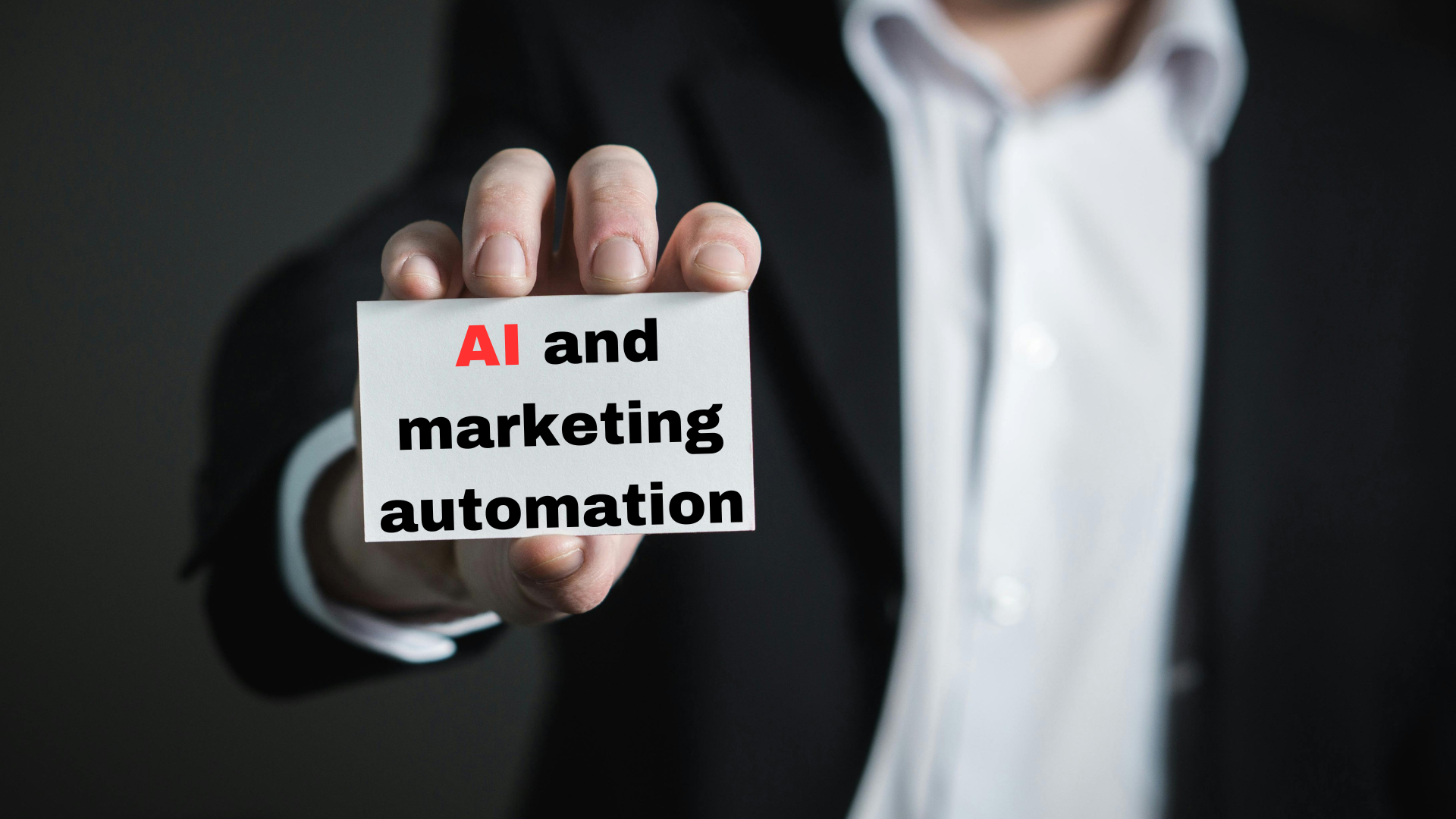
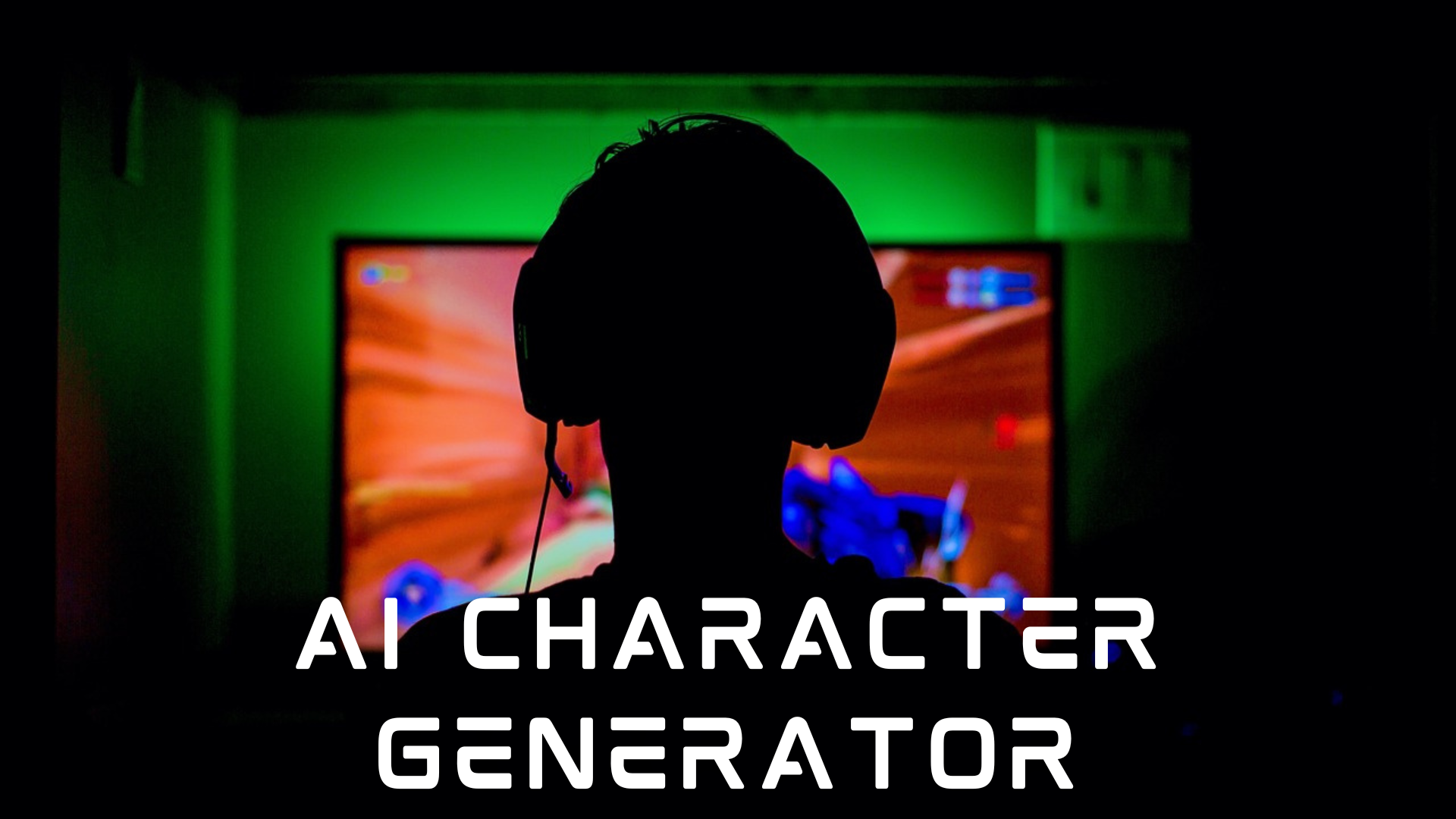
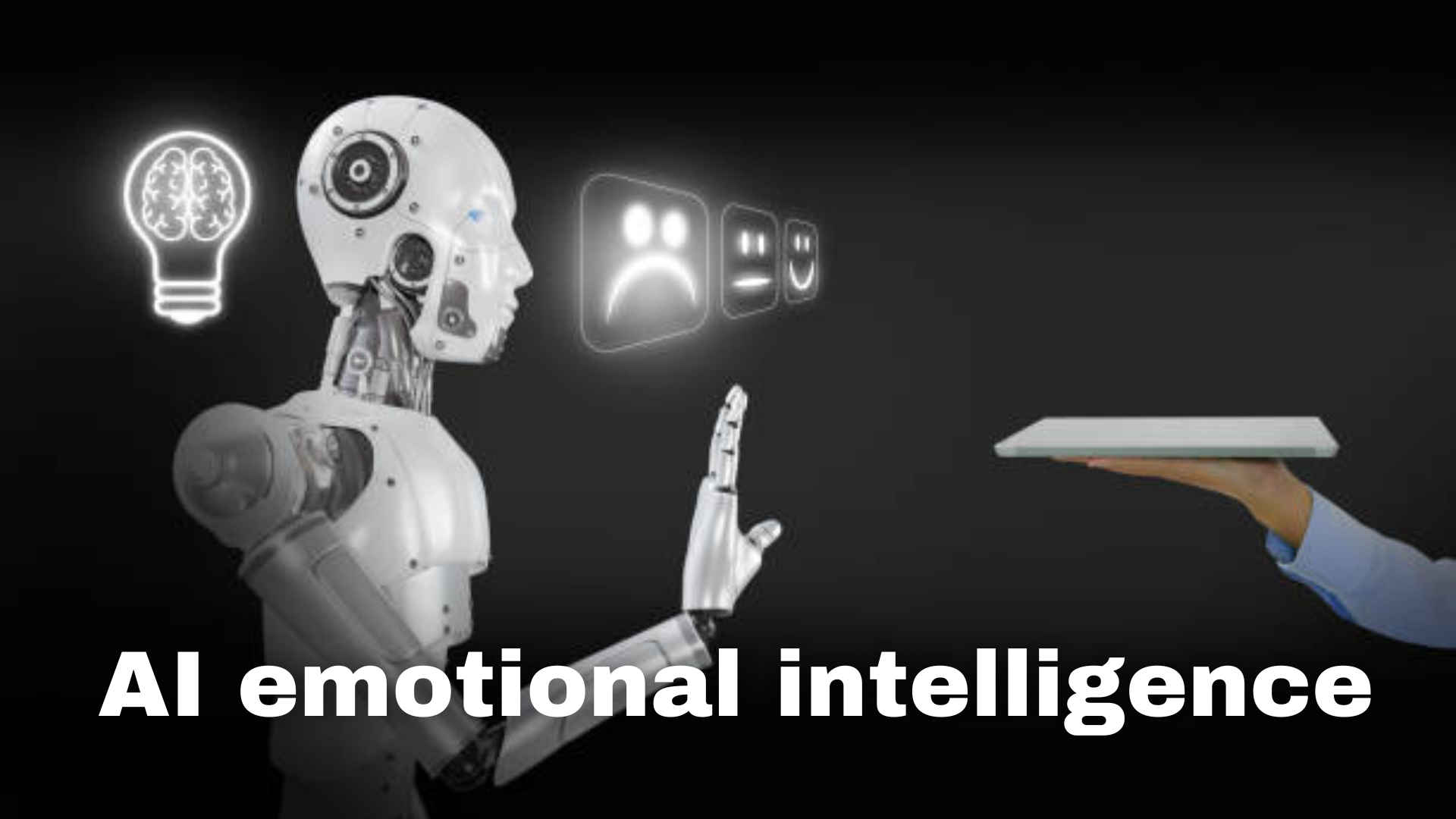
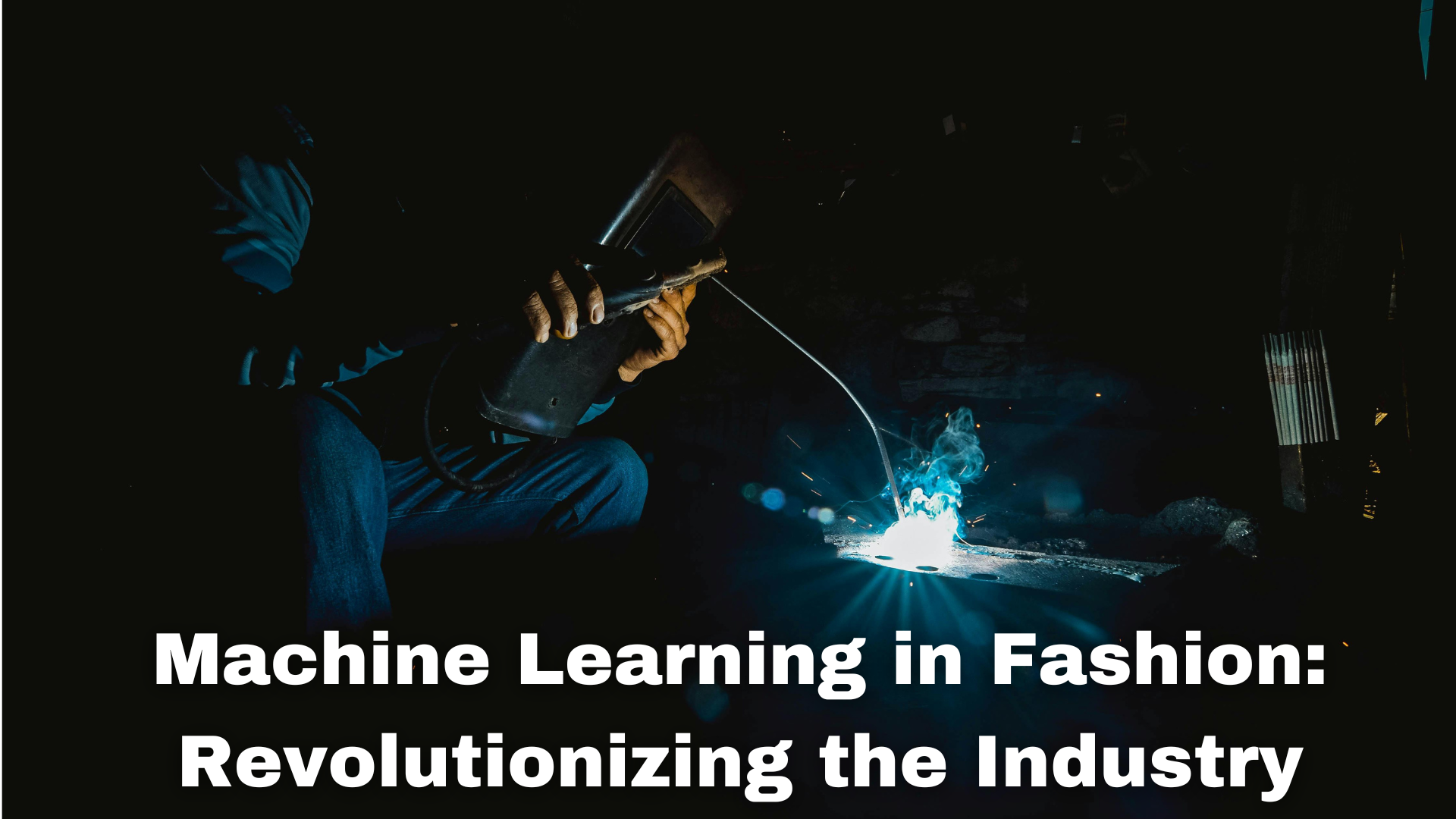
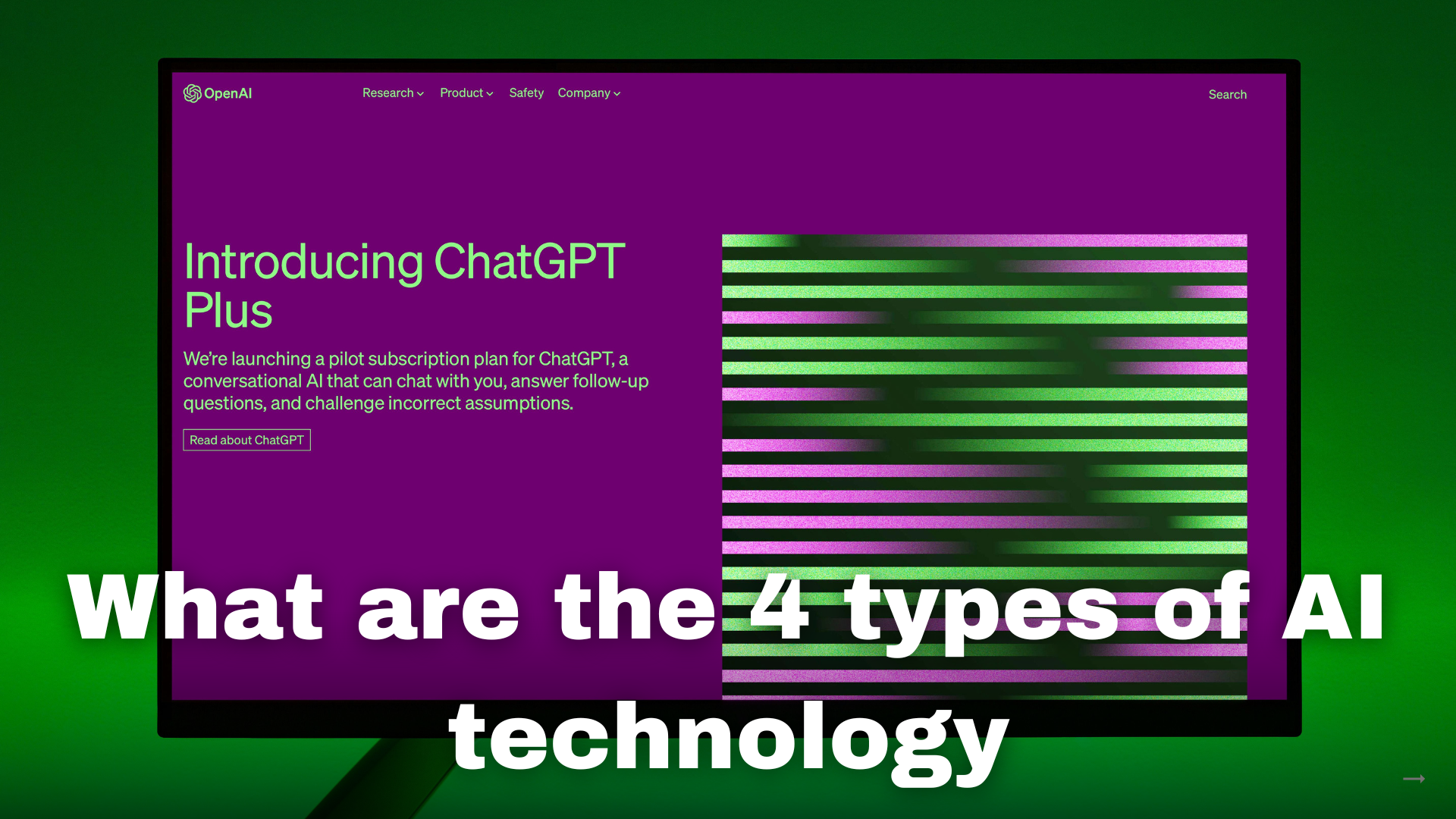
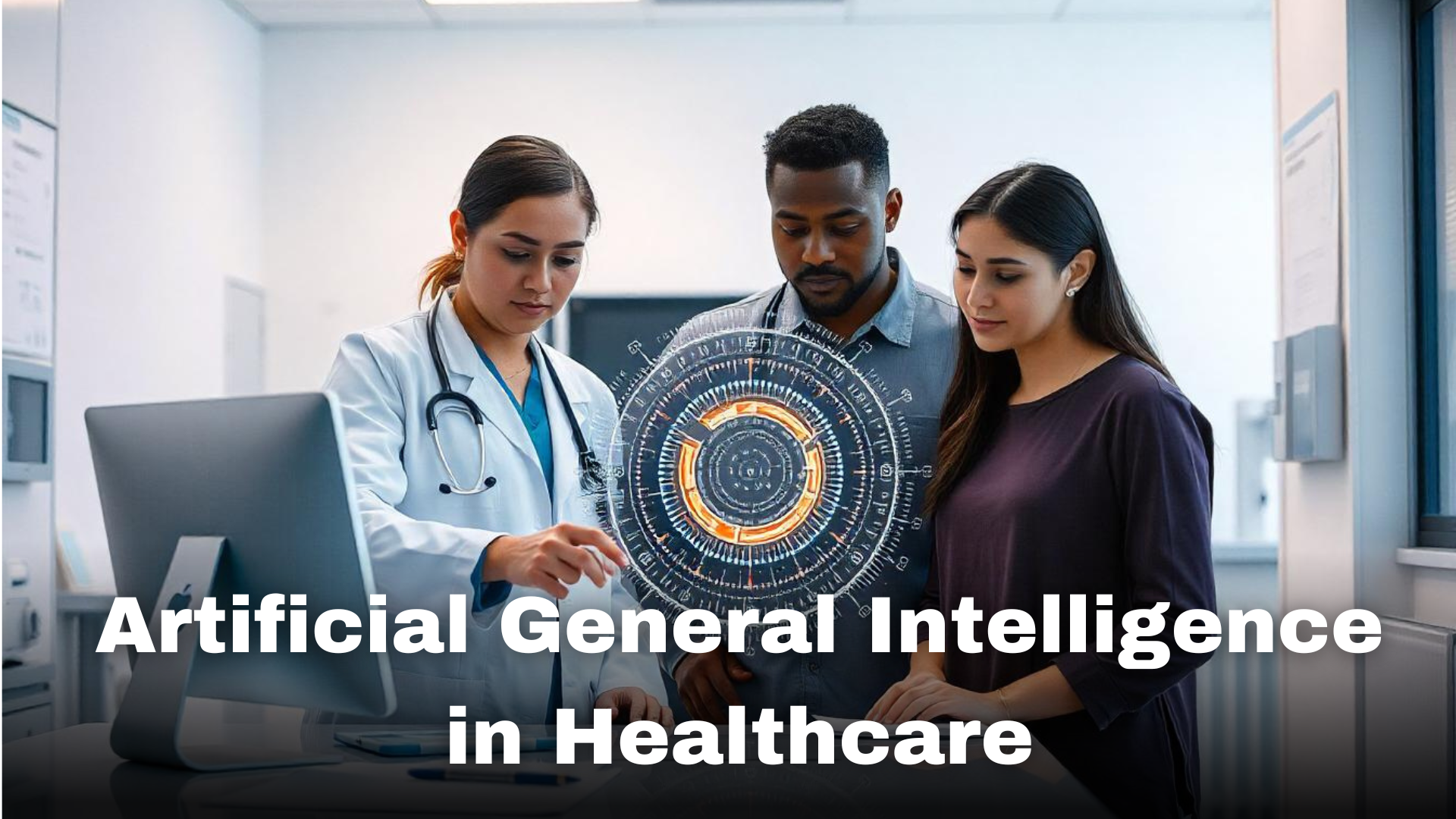
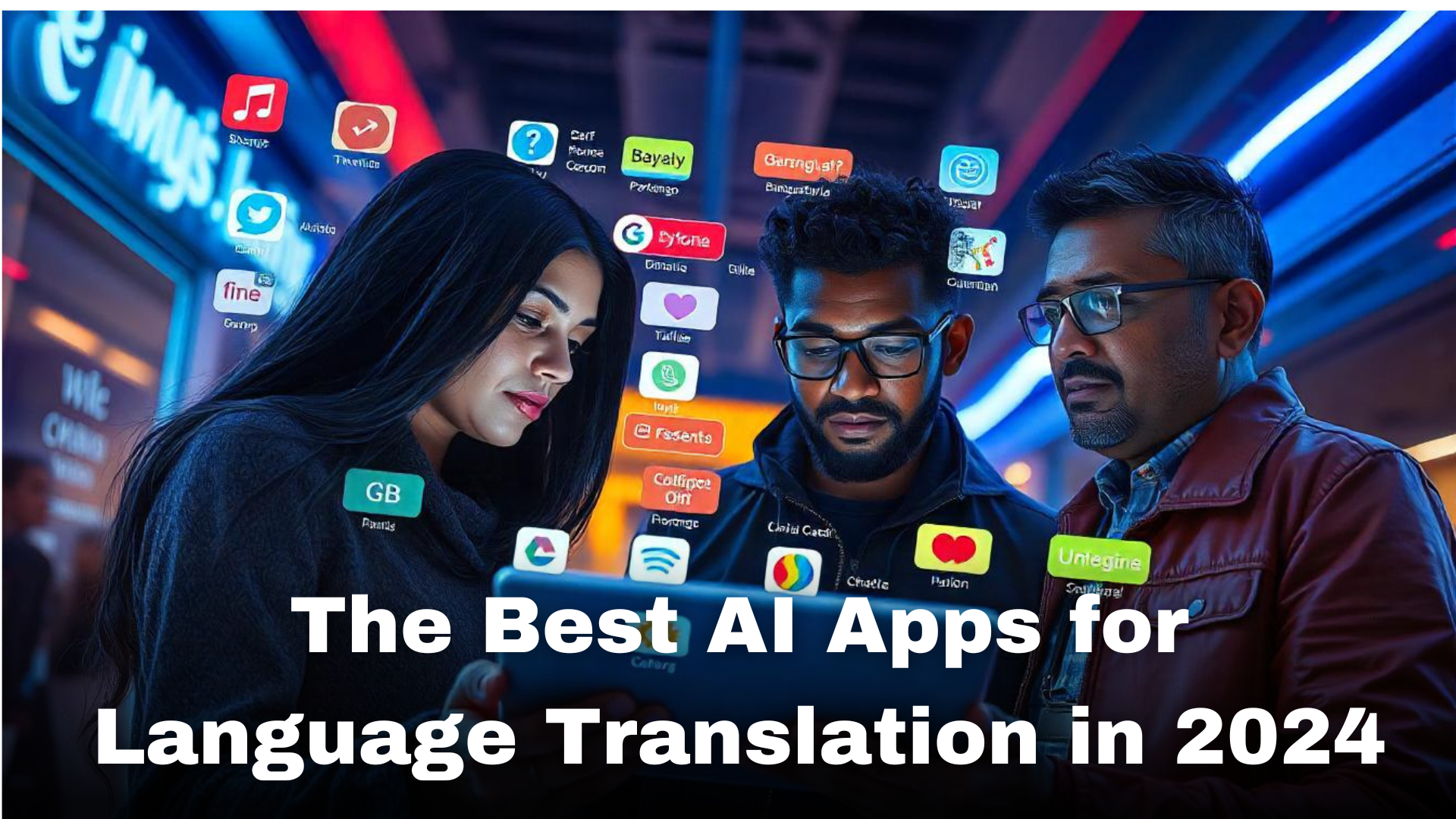
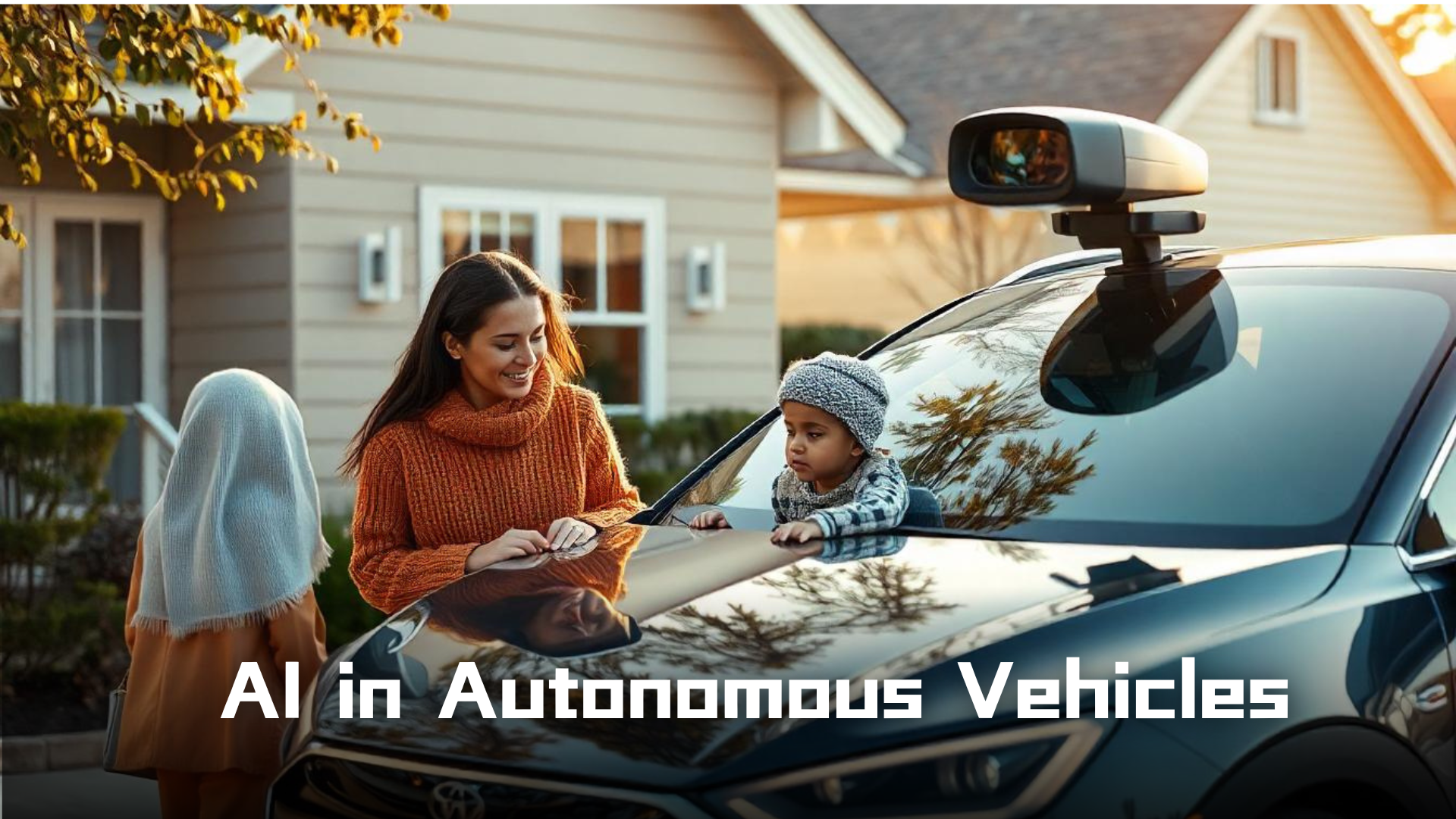
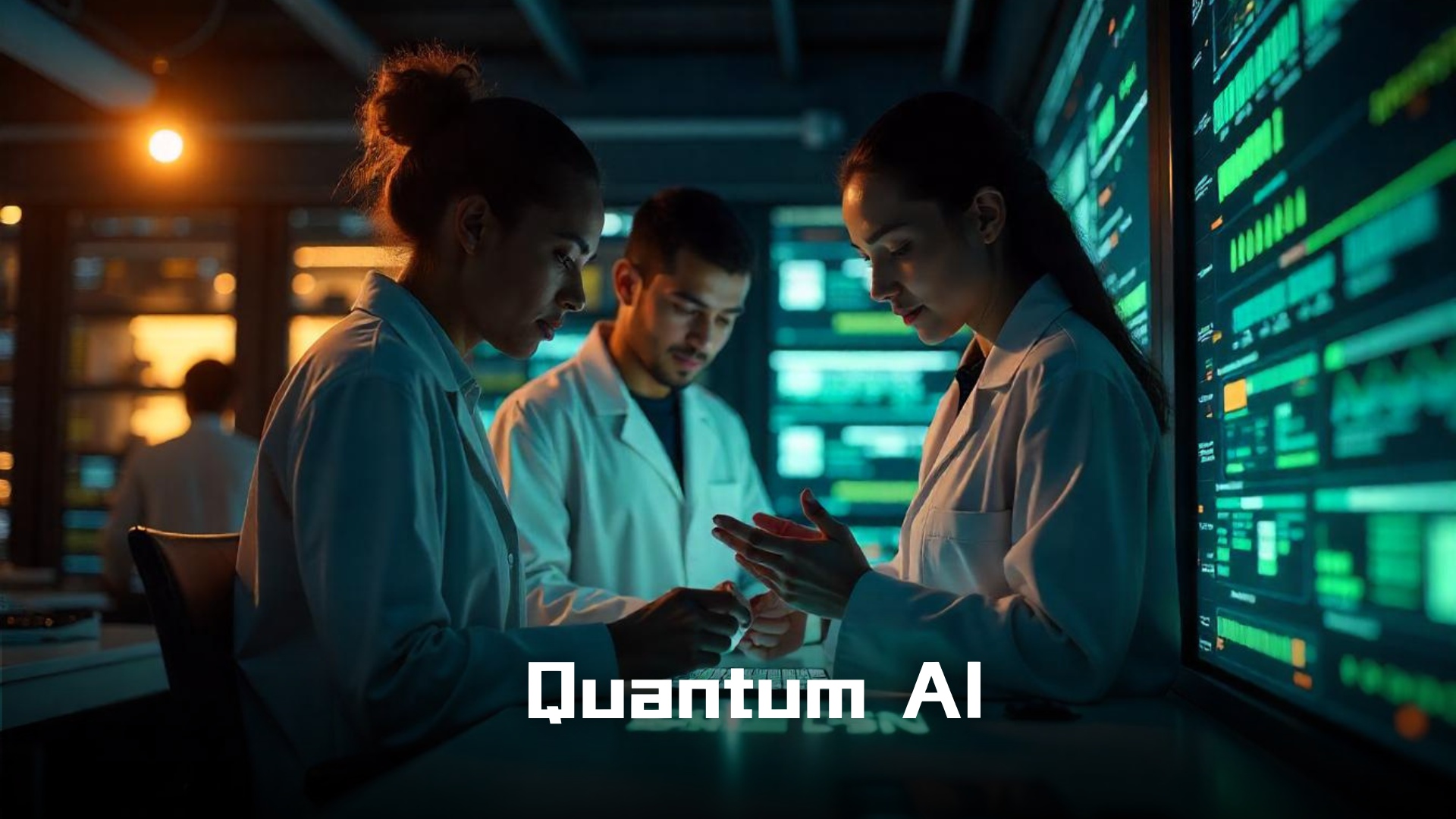
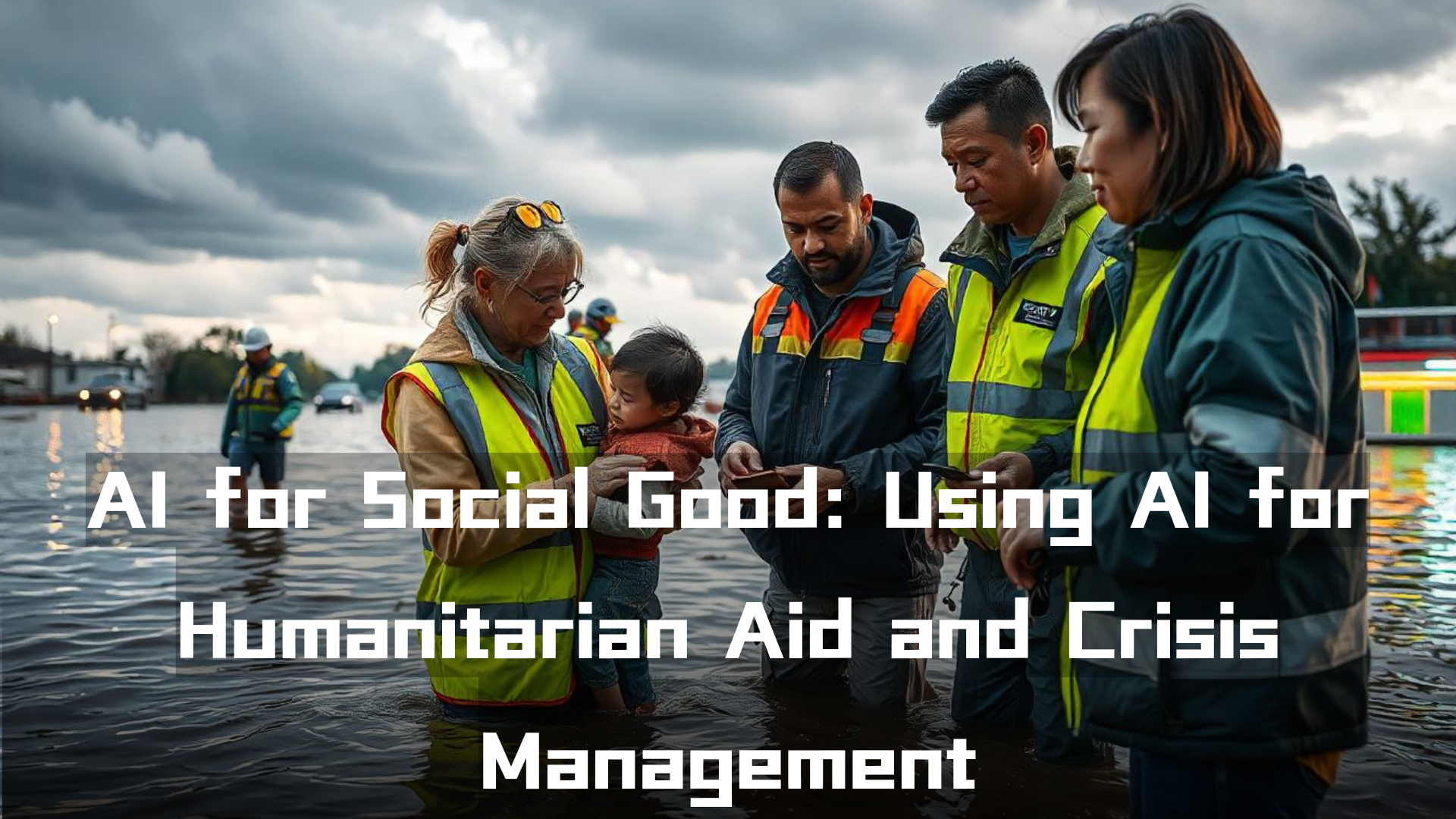
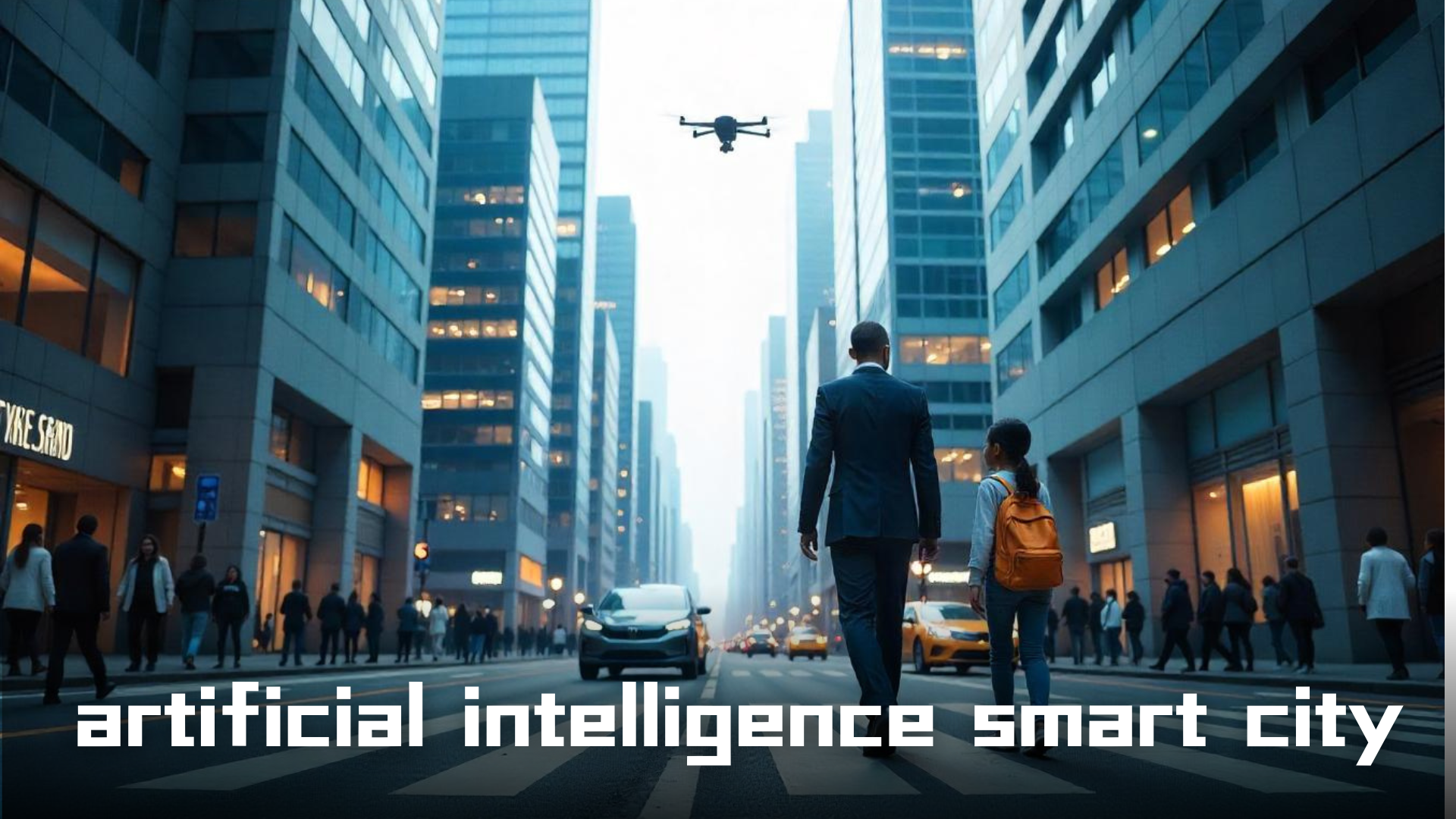



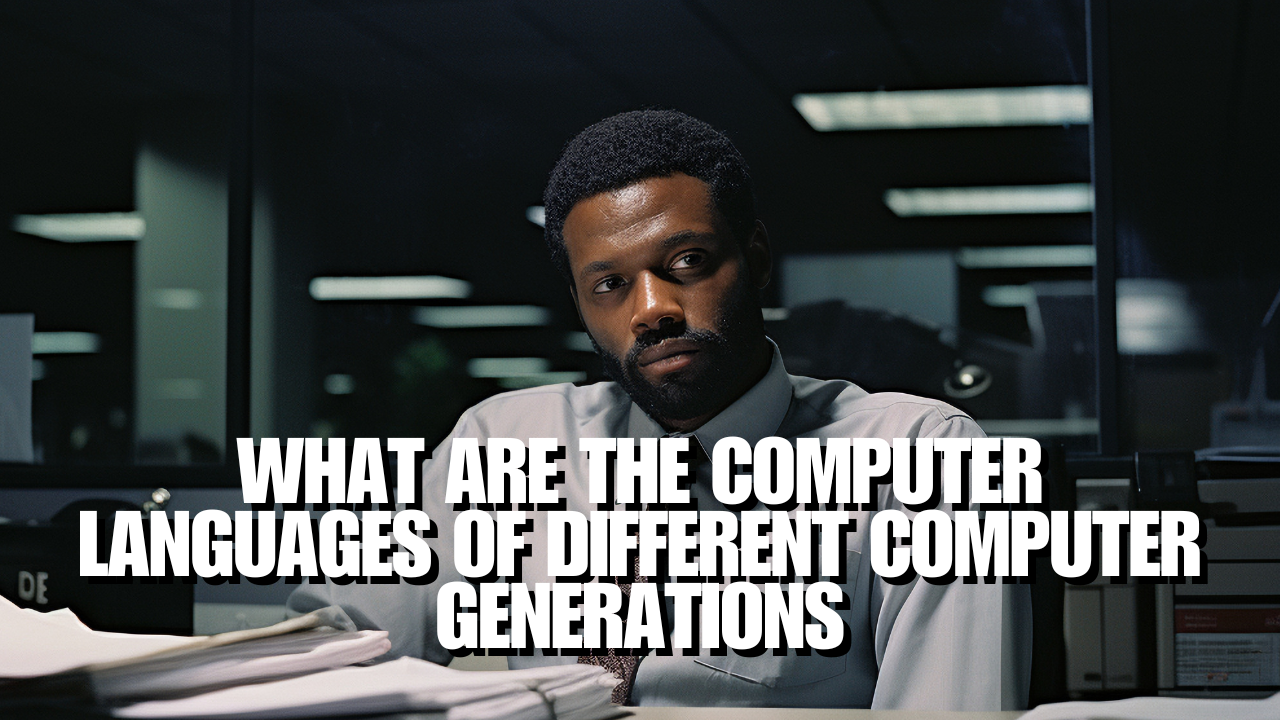
Leave a Reply